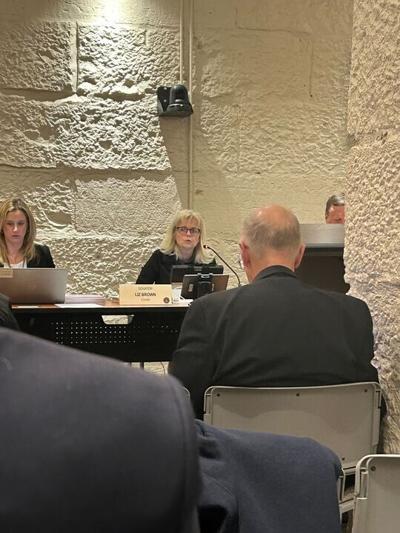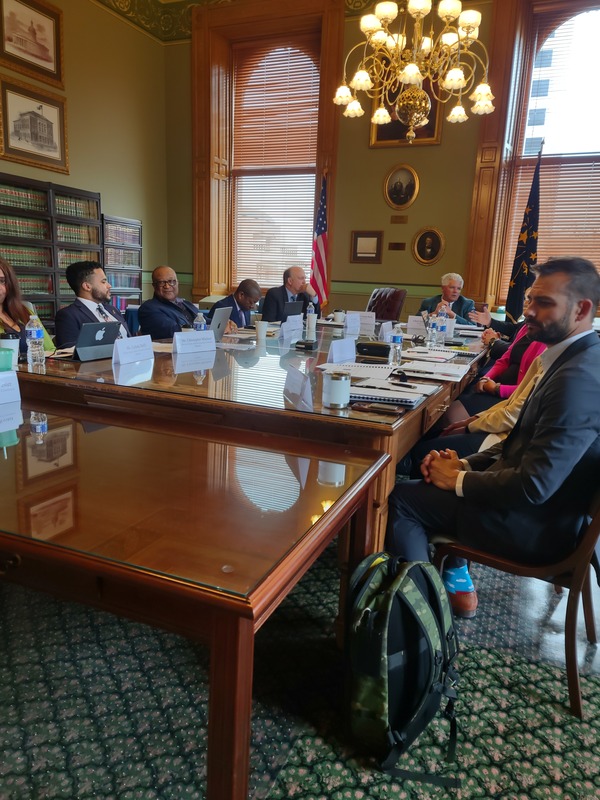“We’re trying to reset the balance between families and society, ensuring parents have the primary role in raising their children,” Brown said in introducing her bill.
With critics of the bill calling it ambiguous, Michael Wolf, director of the Mike Downs Center for Indiana Politics, helped explain its context and meaning to TheStatehouseFile.com.
“Senate Bill 46 provides parents with the ability to sue government entities if they have burdened a parent’s ability to parent their child,” he said.
The bill’s focus, according to Wolf, is particularly on schools that may withhold information, especially concerning students’ personal matters.
“Sen. Brown noted that she preferred that teachers should work with parents and inform them of a child’s issues. Only when there is a compelling state interest would the government entity be able to not inform parents,” said Wolf.
“Similar legislation was introduced and passed last year concerning notifying parents if students wanted to change their names or preferred pronouns. This would go further.”
To address some concerns with the bill, Brown introduced two amendments aimed at legal actions against parents and immunities for judges and law enforcement. The floor was then opened to commentators.
Owen County Circuit Court Judge Kelsey Hanlon from the Indiana Council of Juvenile and Family Court Judges expressed reservations, saying, “There are concerns about the bill’s breadth, its impact on qualified immunity, and procedural complexities.” Hanlon highlighted potential unintended consequences, such as conflicting court orders.
Christopher Daley, executive director of the American Civil Liberties Union of Indiana, called the bill “incredibly broad” and expressed worries about ambiguity in defining terms and potential implications for student privacy, despite the amendments.
Attorney and minister Joshua Hershberger said that passing the bill would “level the playing field for parents.” He said he believes it’s a proactive step to ensure parents can raise their children without state interference, unless there’s abuse involved.
Similarly, Matt Sharp, senior counsel with Alliance Defending Freedom, said, “It’s a promise to Indiana’s parents that their choices about how best to raise their children will not be ignored or overruled by [what the] government dishes [out].”
The meeting concluded with the decision to hold the bill until further notice.
“We’re going to call it to make sure that we’re doubling down on what we thought we were doing,” Brown said.










